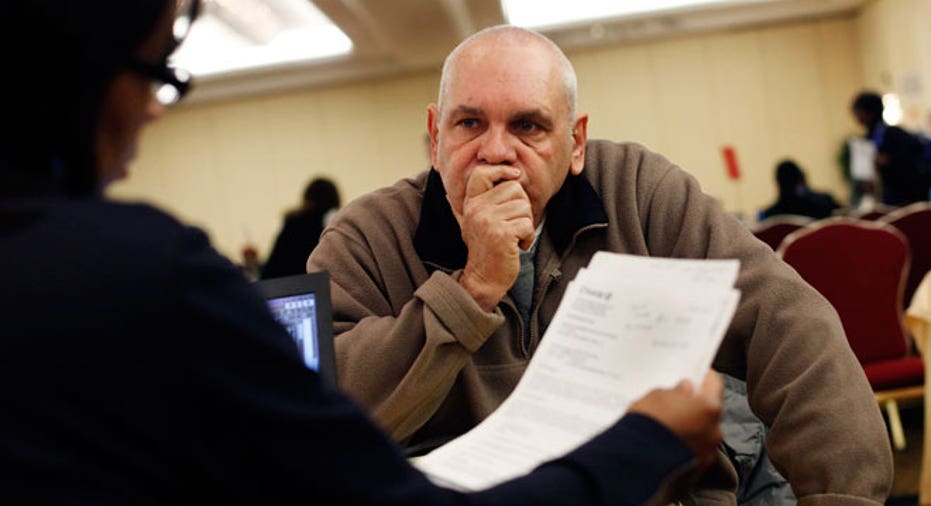Maybe You Shouldn’t Pay Off Your Mortgage Before Retirement

Traditionally, financial planners have recommended paying off a home before retirement. But some experts say it can make financial sense to enter your golden years with a mortgage.
“The biggest thing from an analytical perspective is taking a look at what the mortgage is costing you after taxes,” says Jay Messing, senior director of planning at Wells Fargo Private Bank. “If you are able to earn a higher after-tax return on your investments than the mortgage is costing after taxes, then economically, you should keep the mortgage.”
To figure this out, Messing advises calculating your taxes with and without the deduction for the mortgage’s interest – the difference is your tax benefit from writing off the interest. Subtract that from your gross interest to arrive at your after-tax interest expense. If your after-tax investment returns are greater than your after-tax interest expense, you are receiving an economic benefit from holding the mortgage.
The size of your retirement savings also plays a role in whether or not you should work to pay off your mortgage. Cyndee Kendall, regional mortgage sales manager at Northern California Region at Bank of the West, says soon-to-be retirees should focus on maxing out all their retirement savings options and paying off the debts with the highest interest rates, including credit cards or a car loans.
“They shouldn’t go into their 401(k) to pay down their mortgage,” says Kendall. “Ultimately, you got to have cash for life’s unplanned events, so you want to make sure you have significant reserves before you put it all into the dirt.”
Homeowners who were able to refinance over the last few years when rates were sitting at record lows might want to consider keeping the loan in retirement. “If you borrowed money at 4% or 5%, it would almost be foolish to pay it off,” says Brian Simon, COO at New Penn Financial, noting that homeowners can pay a little extra to their mortgage each month to pay it off quicker and bring peace of mind.
The decision on whether or not to carry a mortgage into retirement isn’t purely a financial one. Many worry about making the monthly payments on a fixed income—especially older generations who’ve lived through a lot of economic turmoil.
That was the case with Simon’s grandfather, who decided to pay off his mortgage before it was due. “It was an emotional decision. He was a Depression survivor who believed you shouldn’t owe money,” says Simon. “It wasn’t an economic reason.”
If you do decided to pay off your mortgage, there is some good news: Pre-payment penalties are largely a thing of the past, which means you won’t get charged for paying more than what’s owed each month.
Still, experts say you need to weigh all the financial and emotional aspects before making a move with your mortgage.
“You have to look at all the moving parts and pick the right combination,” says Kendall. “It might be paying it off half way or paying it off in an accelerate rate. There’s lots of ways to do it.”



















